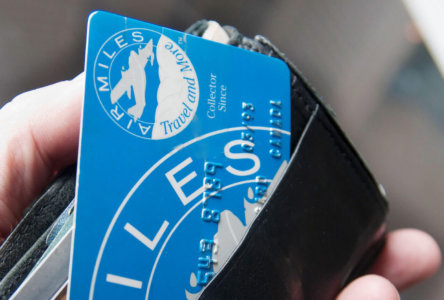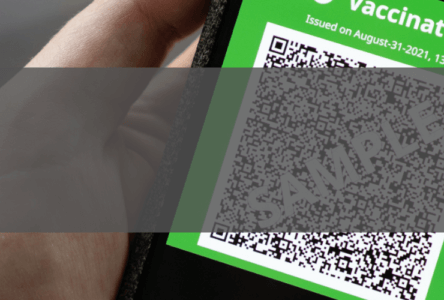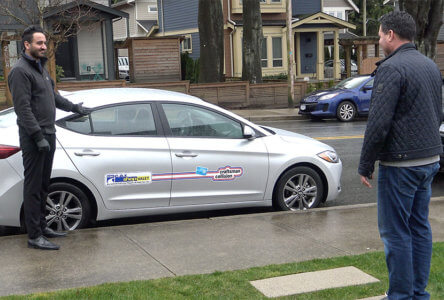- 65% of B.C. motorists always get their vehicle serviced before a road trip
- 22% of B.C. drivers take short road trips to the U.S. without travel medical coverage
- 41% of younger drivers spend more time packing the car and picking road trip tunes than checking vehicle safety
(Burnaby, B.C.): Despite the price of gas hovering above $1.30 per litre, the British Columbia Automobile Association’s (BCAA) Summer Road Travel Trends survey reveals more than half (55 per cent) of B.C. drivers refuse to let high gas prices keep them from hitting the road this summer. And, while drivers recognize the importance of road trip preparation, the survey findings show, they could do more to be safe before they head out on the highway.
According to the Ipsos Reid survey commissioned by BCAA, most B.C. motorists take road safety and road trip preparation seriously, with 65 per cent saying they get their vehicle serviced before they leave for a road trip. However, one-third (33 per cent) of respondents aged 18 to 34 years don’t bother to get their vehicle serviced, because they don’t expect anything bad to happen to their vehicle. In fact, a significantly higher proportion (41 per cent) of 18 to 34 year-olds say they spend more time packing the car and picking music for their road trip than checking the safety of their vehicle.
“While our survey results show that the majority of motorists get their cars serviced before a road trip, 65 per cent is still low considering that their entire vacation revolves around the reliability of their car,” says Ken Cousin, BCAA’s associate vice president of Road Assist. “Helping British Columbians stay safe and ensuring they’re good to go when it comes to being prepared for their road travel is important to BCAA. We recommend motorists get their vehicles properly inspected and serviced in order to help avoid the nightmare of suffering a mechanical breakdown, miles away from home. Failing to get their vehicle prepared ahead of time is a big risk to take.”
As for travel insurance, 73 per cent of respondents say they always ensure they have travel medical coverage for long trips. However, one in five (22 per cent) admit that they sometimes take short trips across the border without travel medical insurance because they feel nothing will happen during a short time period. That number is significantly higher among 18 to 35 year-olds, with 35 per cent willing to visit the U.S. without coverage.
When it comes to preparing for road trips, B.C. drivers are not throwing out their maps to depend completely on GPS (Global Positioning System) technology. Only 29 per cent of respondents say they fully rely on GPS devices while 50 per cent say they still use printed maps and smartphones to help get them to their destination. Forty-four per cent of younger B.C. drivers (18 to 34 years) rely solely on GPS units.
During any road trip, travellers may get lost along the way. BCAA’s survey indicates B.C. motorists will ask for help, as an overwhelming 91 per cent say they have no problem asking for directions. And while men and women both say they are willing to ask for directions, the old stereotype seems to ring true, that men might be more hesitant to admit they are lost. Only about four-in-ten (43per cent) men ‘agree strongly’ that they would ask for directions when they are lost, compared to nearly two-thirds (64 per cent) of women.
Putting safe driving techniques into practice is key to an enjoyable and trouble-free road trip. An overwhelming majority (90 per cent) of B.C. motorists are convinced that they are safe drivers, but it’s everyone else on the road that they worry about.
“Everyone thinks it’s the other guy but we all have a role to play in staying safe on the road. It’s everyone’s responsibility,” says Cousin. “It’s important that motorists drive within the posted speed limit and according to road conditions, only drive when they’ve had enough sleep, and remain well-focused on the task of driving. Families travelling with young children should ensure child car seats or booster seats are properly installed.”
For advice on how to plan ahead and prepare your vehicle before a road trip, along with what emergency items to carry, visit bcaa.com/roadtriptips. You’ll find a detailed list of useful tips and trip planning tools such as a planning guide and customized maps that can be printed free of charge.









